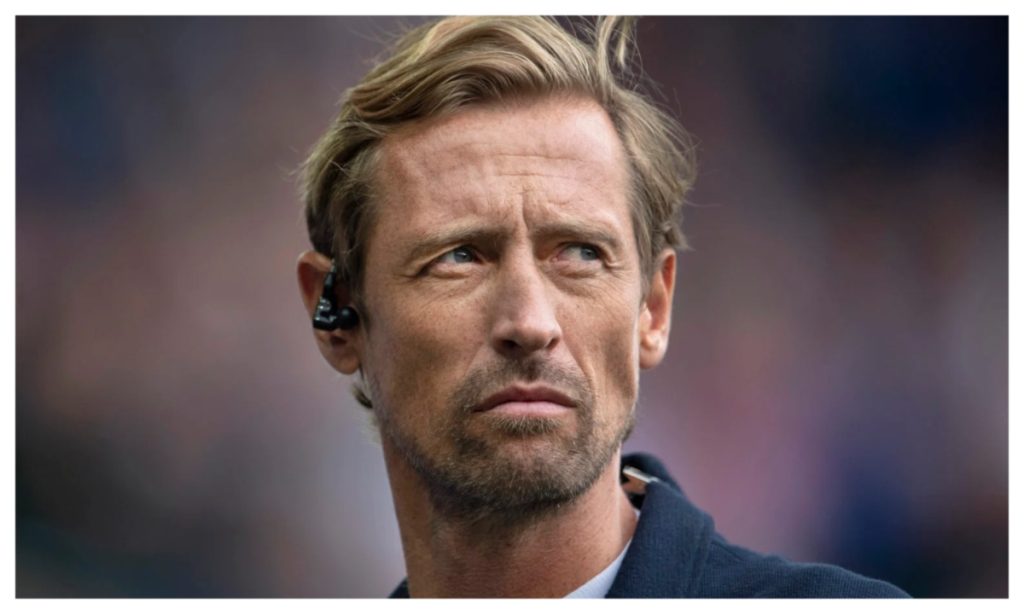Health authorities in West Africa are grappling with significant diphtheria outbreaks, with Nigeria at the forefront of vaccination efforts to bridge wide immunity gaps against this disease.
Since the onset of the current outbreak in December 2022, Nigeria has recorded 11,640 diagnosed cases, resulting in at least 573 deaths. However, health officials suspect that the actual toll could be higher, as many cases remain undetected in various states.
In Niger, there have been 865 reported cases, leading to 37 fatalities as of October, while Guinea has documented 497 cases, with 58 resulting in death since the onset of its outbreak in June.
Dr. Ifedayo Adetifa, the head of the Nigeria Centre for Disease Control, expressed that this is the most extensive outbreak in the region based on the available historical records.
The immense spread of infection in the region is largely attributed to a substantial vaccination gap, according to the French medical organization, Médecins Sans Frontières (Doctors Without Borders), also known as MSF.
In Nigeria, the government survey indicates that only 42% of children under 15 years old are fully vaccinated against diphtheria, while Guinea’s immunization rate stands at 47% – significantly lower than the 80–85% rate recommended by the World Health Organization for maintaining community protection.
The global shortage of the diphtheria vaccine has further exacerbated the situation, as the demand for vaccination has surged due to the outbreaks, as highlighted by MSF.
Dr. Dagemlidet Tesfaye Worku, the emergency medical program manager for MSF in Abidjan, Ivory Coast, emphasized the urgent need for a massive scale-up of vaccination to address the crisis effectively.
In response, the Nigerian government is intensifying targeted population vaccination and supporting states in enhancing their capacity to detect and manage cases, as stated by Dr. Adetifa, the head of Nigeria CDC.
However, several states, including Kano, are encountering challenges. Kano, which accounts for over 75% of the cases in Nigeria, has only two diphtheria treatment centers, impeding access to treatment for affected individuals, according to Abubakar Labaran Yusuf, the state’s top health official.
The need for a comprehensive and widespread vaccination campaign is critical, with Dr. Adetifa emphasizing the challenges faced when people have to travel long distances to seek treatment for the disease.
This situation highlights the urgency for concerted efforts and resources to combat the diphtheria outbreaks and protect the vulnerable populations across West Africa.
Africanews/Hauwa M.



